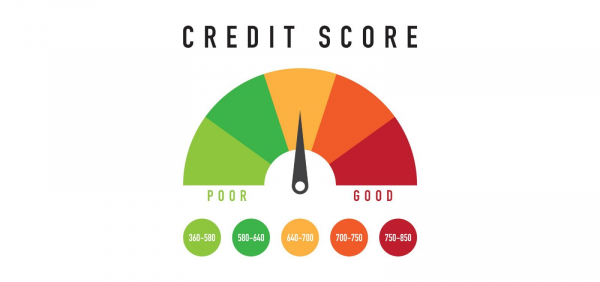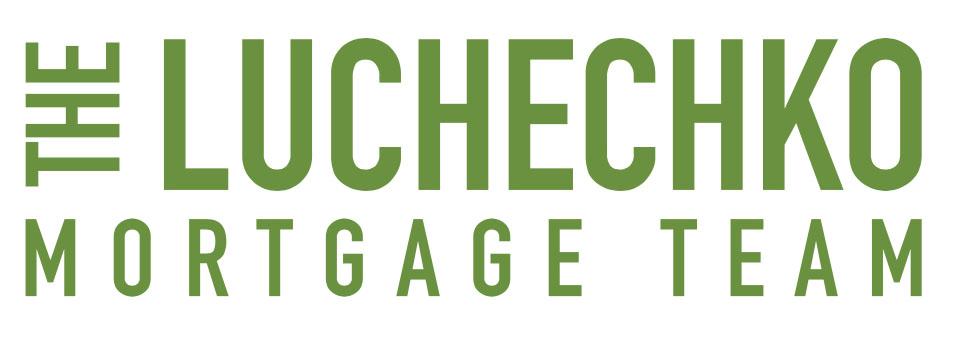What are the factors that impact your credit score?
1. Payment History 35% Impact
Paying debt on time and in full has the greatest positive impact on your credit score. Late payments, judgments and charge-offs all have a negative impact. Missing a high payment will have a more severe impact than missing a low payment, and delinquencies that have occurred in the last two years carry more weight than older items.
2. Outstanding Credit Balances 30% Impact
This factor marks the ratio between the outstanding balance and available credit. Ideally, you should make an effort to keep balances as close to zero as possible, and definitely below 30% of the available credit limit when trying to purchase a home.
3. Credit History 15% Impact
This portion of the credit score indicates the length of time since a particular credit line was established. A seasoned borrower will always be stronger in this area.
4. Type of Credit 10% Impact
A mix of auto loans, credit cards and mortgages is more positive than a concentration of debt from credit cards only.

5. Inquiries 10% Impact
This percentage of the credit score quantifies the number of inquiries made on a consumer credit within a six-month period. Each hard inquiry can cost from two to 25 points on a credit score, but the maximum number of inquiries that will reduce the score is ten. In other words, 11 or more inquiries within a six-month period will have no further impact on the borrower credit score. Note that if you run a credit report on yourself, it will have no effect on your score. Call Luchechko Team for more information on how we can help you to better your credit score before you decide to get that mortage.
Since the pandemic started there are few trends that appered in the mortage industry. One fo them that Convertible Space is King
Speaking of multi-purpose rooms, the desire to do more things at home doesn’t appear to be going away anytime soon. Extra rooms that you can use in a variety of ways hold a high value to buyers. The more uses you can find for a room the more value it maintains. Look for rooms that can be used for multiple purposes, including:
Home office
Game room
Bedrooms
Home gym
Craft room
If you’re selling, stage rooms in your house to show how they can be repurposed and reimagined. You can also keep these types of spaces in mind when prioritizing your home remodeling projects.

If you are thinking to refinance , here are some valuable tips. Luchechko Mortgage team is always here to help you with refianncing your home mortgage
Move From ARM to FRM: If you have had an Adjustable Rate Mortgage and getting worried about the future rise in rates, moving to a Fixed-rate Mortgage (FRM) may be a good idea. This is recommended if you plan to keep the mortgage for a very long time. Since the FRM rate is at a very low level, locking in a low fixed rate for the life of the loan gives you peace of mind and a good night’s sleep.
Move From ARM to ARM: If your ARM loan is nearing the adjustment period and you are not planning to keep the loan for a long time, moving into another ARM will save you on interest cost. With 5 and 7 Year ARM pricing at least 1% lower than the fixed-rate, it makes sense to save on monthly payment and interest cost by moving to an ARM from another ARM.


